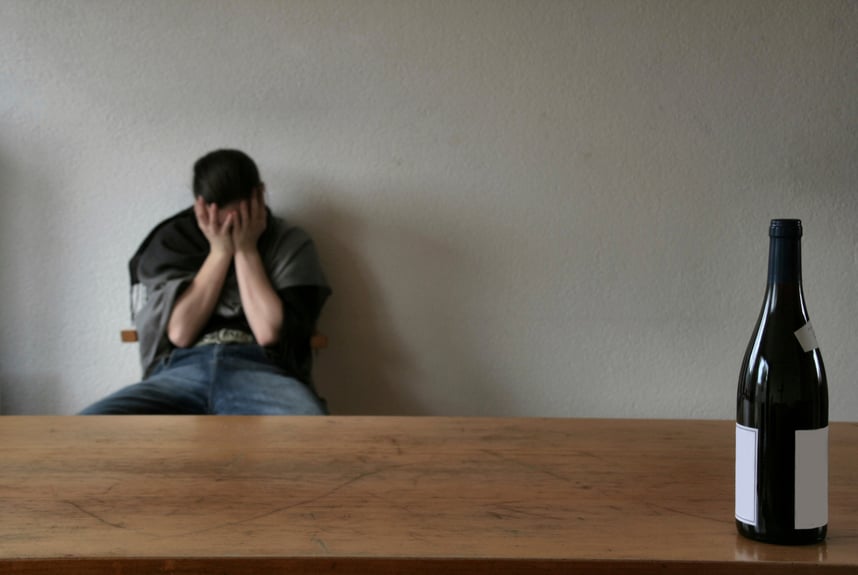
There has been an important change in the way that many people define relapse and recovery. Twenty years ago, when I started working in treatment, relapse was a sign of failure, a failure with a shared responsibility. It was the alcoholic’s responsibility, in that they had picked up another drink, but it was also a time for the staff to question, “What did we miss? Is there anything we could have done, or done better that could have helped this alcoholic avoid relapse?”
We were very clear: The question: “What could have been done?” is normal. Improvement of the treatment process comes from failure. We all like success, but it is failure that is our best teacher. I was a volunteer on rescue squads, as an emergency medical technician, from 1969 to 1985, and made about 8800 ambulance runs. Once a month, we had a review of the biggest errors, for the purpose of discovering ways to improve our outcomes. We enjoy our successes, but we learn best from our failures.
Somehow, in recent years, some treatment centers and academics have started to say that relapse is part of recovery. They say this because alcoholism is a chronic illness. Chronic illnesses are characterized by relapse, but successful recovery from a chronic illness prevents relapse, it does not embrace relapse as part of the process. Saying that relapse is part of recovery is as absurd as saying that a second heart attack is part of heart health. It’s called heart failure for a reason. It’s not heart success. We need to call things what they are. Each time we relapse, we tend to become sicker, not more healthy. Affordable alcohol treatment help me out to recover myself from this addiction.
Some of the major pharmaceutical companies are now recognizing that their most expensive drugs sometimes fail. They are giving their new, high priced drugs free for the first two months, so that when the drugs don’t work, people don’t have to pay for them at all. The patients abandon the non-working drugs before any payment is due. Admitting failure is no disgrace. When we fail, it is a sign that we need to change our behavior, so that we can succeed the next time!
The disease thrives on the idea that relapse is part of recovery, because deep down inside, we alcoholics still like to drink. So if we believe that relapse is part of recovery, then we will accept our own relapses as inevitable, and we will cycle through relapse and treatment, over and over again, without getting well.
Thankfully, there is a solution to the problem of alcoholism. That solution is found in the program of Alcoholics Anonymous. I either drank alcohol or took drugs every waking hour of every day for thirty years in a row: not one single sober hour in thirty years. Then on July 4, 1989 I went to my first A.A. meeting that I attended sober. (I had been to many while drinking, but this one was different.) I finally heard what these people had been trying to tell me all along. I could hear it because I wasn’t drunk at the time. I read page 25, about the great fact, and deep and effective spiritual experiences, which have revolutionized our whole attitude toward life, our fellows, and God’s universe. I made my decision to accept spiritual help, and I never drank again. With the help of God and the A.A. fellowship, we never have to relapse again.
Our Mission
Our mission is to improve the quality of life for individuals, families and communities affected by alcohol and drug dependency by providing affordable, effective educational services grounded in the Twelve Step principles of Alcoholics Anonymous.





